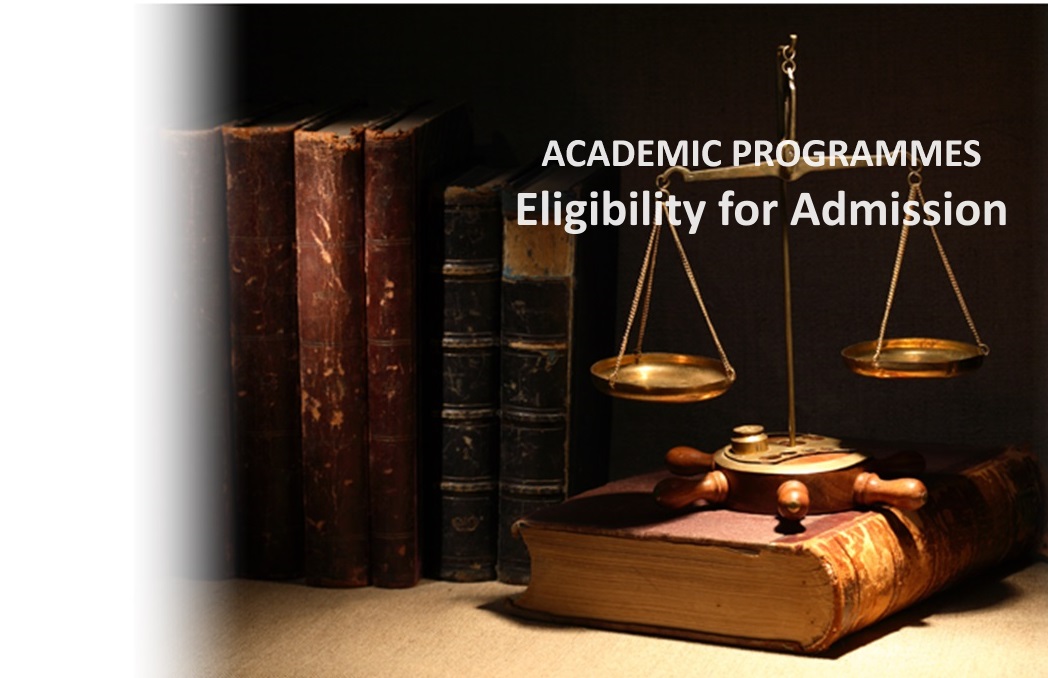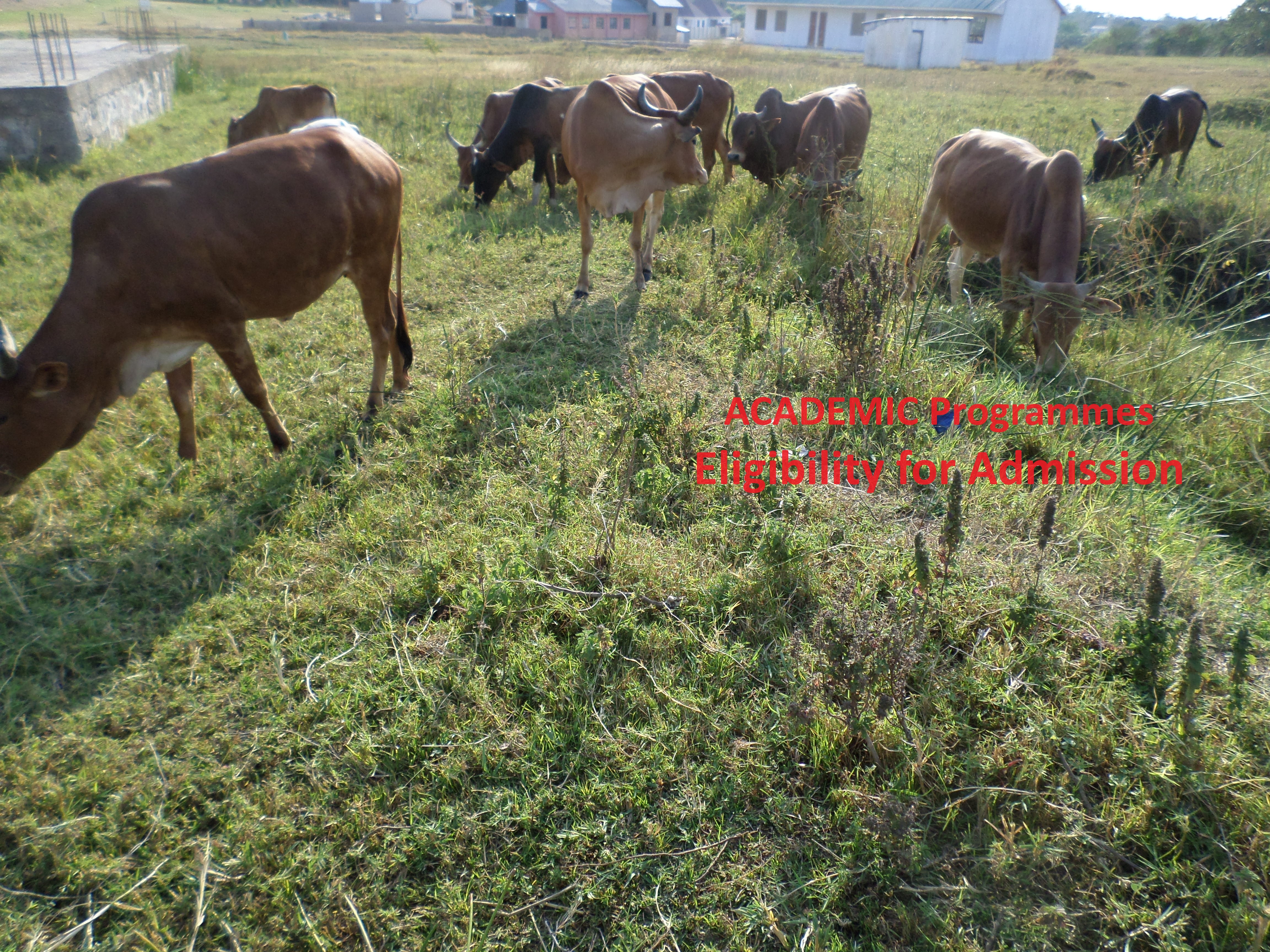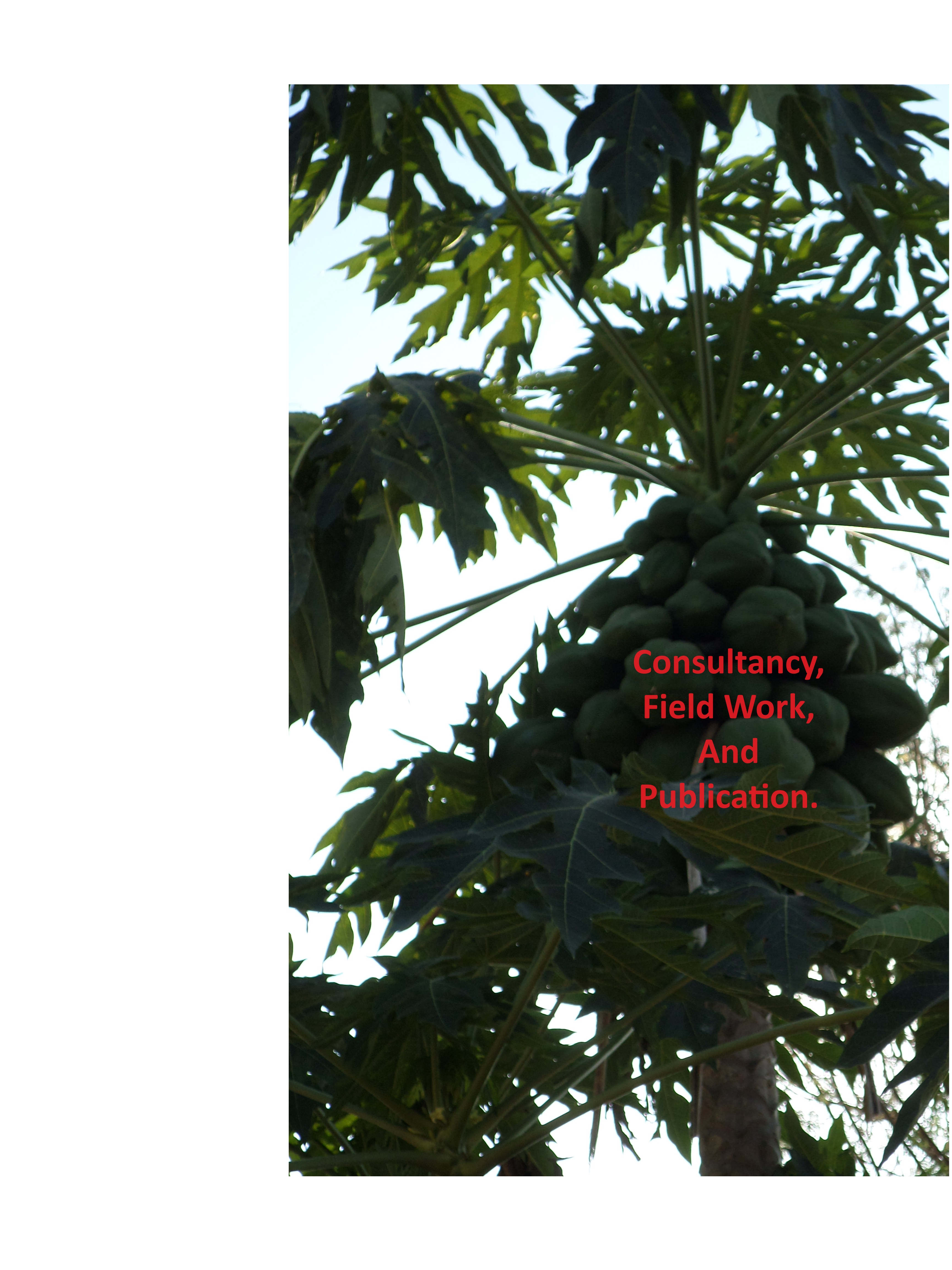Get Ready to Join Ubuntu Institute of Social Justice (UISJ) .
Legal Status:
The Institute is registered by the National Council for Technical Education (NACTE) pursuant to the National Council for Technical Education Act of 1997 (Act No. 9 of 1997).
Studying at Ubuntu Institute of Social Justice, you are a part of brightest minds drawn from diverse backgrounds. UISJ is ...
Scholarships.
The Institute offers limited number of scholarships for exceptional prospective students who demonstrate incapability to afford learning expenses. To be considered for scholarship, you need to attach a cover letter in your completed Application Form explaining, among other things, how insufficient your resources to cover learning expenses at the Institute are. Shortlisted applicants will be contacted for further vetting.
Visas and Immigration
A foreign student is required to conform to all immigration formalities in his or her country of nationality or residence before he or she departs for Tanzania. He or she must also obtain, at the earliest opportunity, a Residence Permit from the nearest Tanzania Embassy or High Commission before arriving in Tanzania. One should also have details of financial support, in case these documents are required at the port of entry by the immigration authorities.
A foreign student wishing to stay in Tanzania to work after completion of studies will need to comply with state laws to that regard. For more information on visas and immigration visit: visas and immigration
(a) Certificate in Law
Candidates must have completed at least form four (O’ Level).
(b) Diploma in Law
A candidate must be a holder of Advanced Certificate of Secondary Education Examination (ACSEE) with at least one principal pass in relevant subject.
Or
Successful completion of NTA Level 4 (Certificate in Law) from Ubuntu Institute of Social Justice (UISJ) or any other recognized Institution.
(c) Research
The Institute is a dedicated think tank which undertakes independent research projects and provides an in-depth analysis of conventional and non-conventional issues related to law, human rights, social justice, peace and conflict resolution. The approach taken involves examining thematic and specific matters. In this context, the research prioritizes existing legal and non-legal solutions to specific social conflicts and problems. In particular, studies on the occurring social consequences of implementation of the law or other norms and on the developments of social justice phenomenon are undertaken to test the efficacy of law and other forces in protecting and promoting the inviolability of humanity founded on justice, people’s inherent equality and entitlement to the same rights, privileges, accessibility and opportunities.
(d) Consultancy and Field Work
The Institute involves students and staff in agencies and social justice settings and participates in consultancies with a view to provide fair and just response to emerging issues, themes and trends. The Institute undertakes and/or support fieldwork by providing personnel, basic information and other tools, as well as resources and evaluating field practica. Moreover, the Institute provides a room for interested agencies to conduct fieldwork in pressing issues in collaboration with the Institute.
(e) Publication
The Institute prepares an annual publication – Journal – comprising writings from both prominent and upcoming authors. A particular issue is based on a chosen theme depending on societal prevailing circumstances.
Please NOTE - For Foreigners:
- Admission criteria for foreign candidates will be equivalent to admission criteria for Tanzanians.
- Where a need arises, aptitude tests will be used to determine eligibility of foreign candidates.



